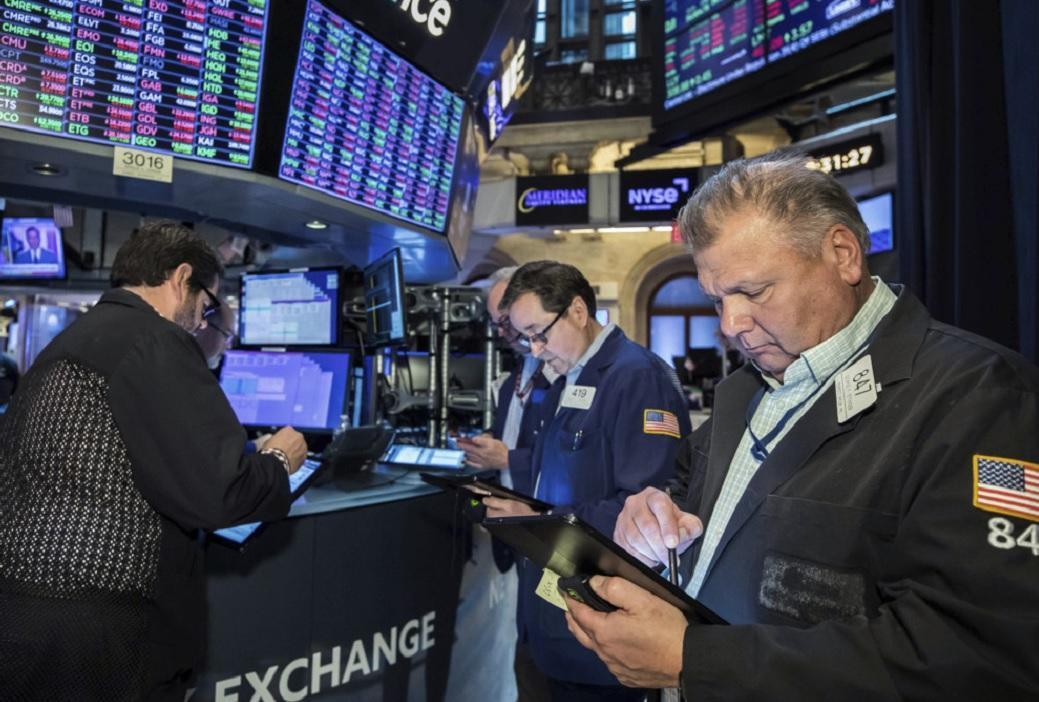
Wall Street closed its first losing week in the last four with an up-and-down on April 8, as investors brace for the Federal Reserve to tighten the brakes on the economy more aggressively to beat down inflation.
Big tech stocks once again led the market lower, and the S&P 500 fell 11.93 points, or 0.3 percent, to 4,488.28 after wobbling much of the day. The Dow Jones Industrial Average rose 137.55, or 0.4 percent, to 34,721.12. The weakness for tech stocks, meanwhile, dragged the Nasdaq composite down 186.30, or 1.3 percent, to 13,711.00.
For the week, the S&P 500 lost 1.3 percent. Stocks have slumped as the Federal Reserve swings more aggressively toward fighting inflation by raising short-term interest rates and making other moves. It’s a sharp reversal from keeping rates at record lows to stimulate the economy and carry it through the pandemic.
Investors learned this week that the Fed may hike short-term rates by double the usual amount at several upcoming meetings, and that it came close to doing so last month. The last time that happened was in 2000. The Fed also indicated in the minutes from its last meeting that it’s likely to shrink its massive stockpile of bonds by up to $95 billion monthly, starting as soon as next month.
Altogether, the moves should make it more expensive for U.S. households and businesses to borrow, which in turn would slow the economy and hopefully halt the hottest inflation in 40 years.
Higher rates hurt all kinds of investments, particularly the stocks seen as the most expensive. That’s because higher rates mean better returns for owning relatively safe bonds, which makes investors less willing to pay higher prices for riskier assets like stocks.
That’s why big technology and other high-growth stocks have led the market lower recently. Amazon, Nvidia and Tesla were among the heaviest weights on the S&P 500 Friday, and each dropped at least 2 percent.
Worries are also rising about the strength of the economy. With the Federal Reserve set to raise rates so aggressively, the fear is it will squeeze the brakes too hard or too quickly and force the economy into a recession. While that’s not the consensus on Wall Street, economists at Deutsche Bank last week said they project a U.S. recession by late next year.
The war in Ukraine has made things more uncertain by threatening to worsen inflation and damage the global economy.
Prices for oil, gas and food have been particularly volatile since Russia invaded the country.
A barrel of benchmark U.S. crude rose $2.23 to settle at $98.26 on Friday. It has swung wildly in recent weeks and briefly topped $130 last month. Brent crude, the international standard, added $2.20 to settle at $102.78 per barrel.